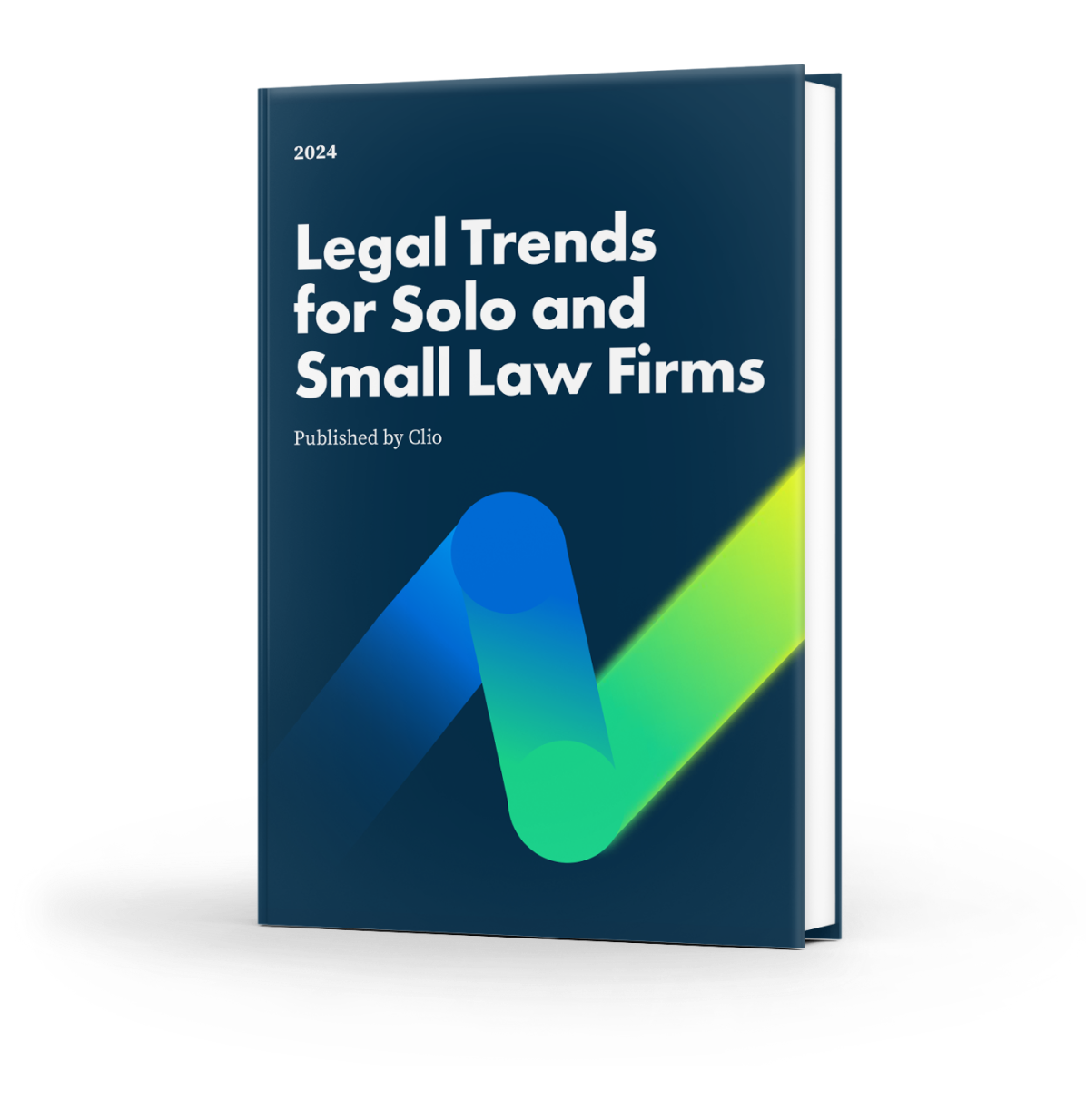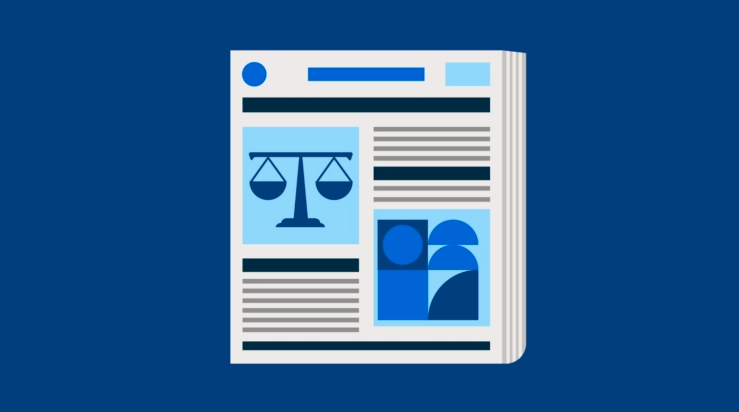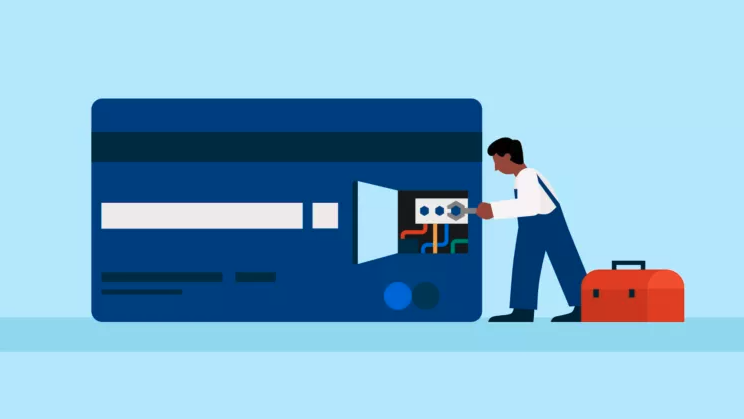Picture this: you’re opening a new file, ready to plan your strategy.
Among other things, you’ll be thinking about the information and documents you’ll need from your client and when you’ll be scheduling meetings and trial dates. Of course, you’ll bake your client’s needs and end goals into these strategic considerations.
When questions arise (or a second opinion is needed), we naturally turn to our coworkers or mentors for advice. That might involve knocking on another associate’s door or pinging them on Slack to work through an issue together.
However, with Auto-GPT, the latest iteration of autonomous artificial intelligence (AI), that could all change quickly.
Why? Auto-GPT is one of the latest iterations of AI—one that not only responds to queries but uses iterative technology to address tasks and work through strategy to take work off its human instructors’ plates and make strategic decisions.
So, what do you need to know about this new form of AI? Below, we’ll jump into Auto-GPT, covering what it is, how it compares to ChatGPT, and what these advancements mean for lawyers.

What is Auto-GPT?
Auto-GPT was released on March 30, 2023, and is described as “[a]n experimental open-source attempt to make GPT-4 fully autonomous.” This technology, which is being developed through open-source collaboration, is still in its infancy, yet has already taken the AI world by storm.
The apparent goal of Auto-GPT is to create an application that can think through complex tasks on its own.
As a (very hypothetical) example, a solicitor could provide Auto-GPT with a “goal” (e.g., creating a legal strategy for a particular file).
In response, Auto-GPT uses “AI agents” that automate prompts for GPT-4, perform specific tasks, and make decisions following the goals and rules initially set out by the human instructor.
Not only that, but Auto-GPT can “think through” the necessary steps by asking itself what it needs to do next and how until it achieves the end goal.
So, hypothetically, using Auto-GPT, a solicitor could create a fully fleshed-out legal strategy for a file with intelligent recommendations and insights about how the said strategy could be improved.
Auto-GPT vs. ChatGPT
What’s the difference between Auto-GPT and other popular AI platforms, like ChatGPT? The easiest way to differentiate them is by example.
ChatGPT responds to specific prompts from a human instructor. So, for example, you might ask ChatGPT to “create a workplace policy around the use of ChatGPT” or “write an email congratulating [name of coworker] on their promotion,” to which ChatGPT will respond with a work product.
Auto-GPT takes it one step further with its ability to leverage AI agents and make intelligent decisions. So, instead, you might ask Auto-GPT to develop your business’s strategy. Auto-GPT will then examine your processes, conduct research, and make decisions for areas of improvement or strategic initiatives.
Auto-GPT and the future of law
Auto-GPT is now available as an open-source autonomous AI agent based on OpenAI’s API for GPT-4, the large language model.Auto-GPT is openly available on GitHub, but it does necessitate some initial configuration and technical proficiency to deploy. To utilise Auto-GPT, it must be installed within a development environment such as Docker, and it must be registered with an API key from OpenAI, which requires a paid OpenAI account.
As any lawyer knows, practising law is about much more than reading and understanding the law—it also involves making countless strategic decisions about running a file to a conclusion while aligning with your client’s goals.
And at the end of the day, providing a client-centred experience is key to running a successful practice.
Risks and considerations for lawyers using AI
Like many other AI options on the market, AI isn’t a complete replacement for a lawyer’s experience and wisdom. Nor is Auto-GPT quite ready to take the legal profession by storm—at this stage, using the platform requires some coding knowledge.
Plus, as we’ve previously mentioned, there are still many unknowns regarding whether and when it will be appropriate for the legal profession to fully embrace AI considering ethical considerations, including the accuracy of AI, security, client privacy, and privilege issues.
What we do know is that AI technology is advancing quickly. The legal profession, too, will have to move quickly to determine how to benefit from these technological advancements and what limitations it should place on their use.
Final thoughts on Auto-GPT
Auto-GPT brings yet another AI advancement that has tremendous potential to shape the future of law. Yet, as Auto-GPT is still in its infancy, only time will tell what role this technology will play in the legal profession.
As always, we encourage solicitors to keep their eyes on this space and, if they’re using AI technology at work, to use technology responsibly and always maintain their ethical and professional responsibility standards.
Eager to learn more about the impact of AI on the legal industry? Be sure to read our blog Legal Trends Report: The Highlights where we discuss AI and the future of law.
We published this blog post in January 2024. Last updated: .
Categorized in: AI, Technology











